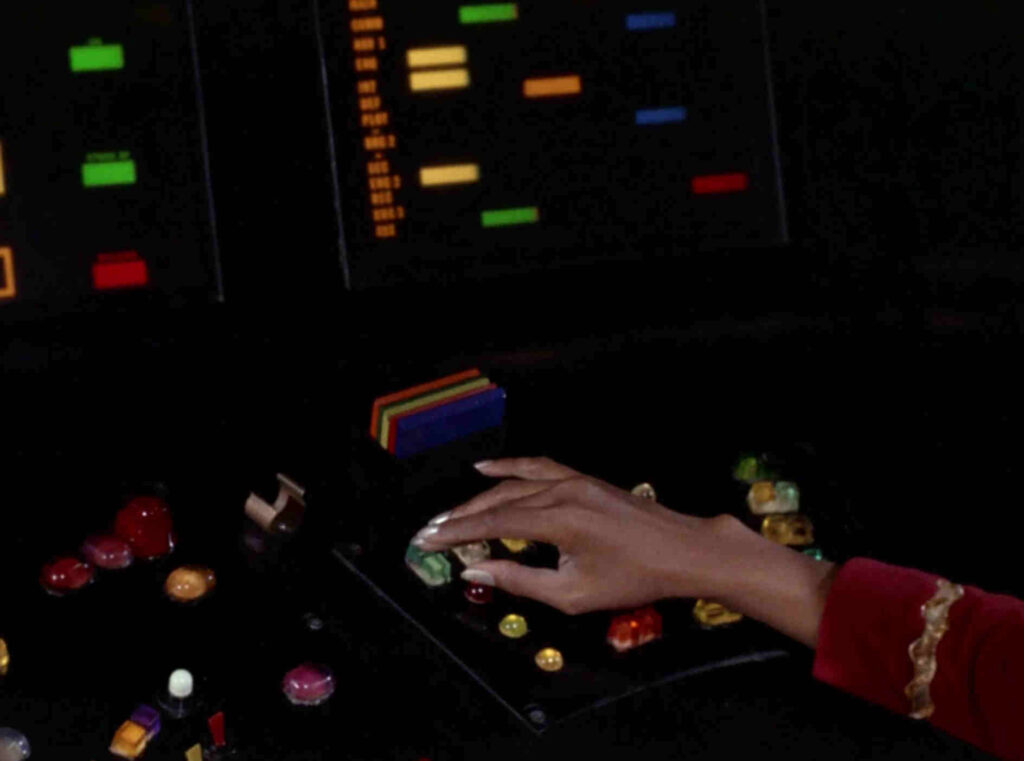On one hand, open source is always better; you know what the program is doing and can improve it… But on the other hand, developers need to earn a living. Indeed, it’s ridiculous to work for free, as one can easily die of hunger, lose motivation… Programming can bring pleasure in itself, but it’s not as fan as music or sport.
I see the situation this way. Logically, the very first question arises, the first claim against proprietary code, “better knowing what the program does,” but actually this mainly concerns privacy.
If there’s absolutely no internet access, a completely offline box for strictly practical purposes, like audio or video creation, databases, local systems… it can be proprietary because for base user it doesn’t really matter what’s inside the fridge or synthesizer as long as it doesn’t connect to the internet or camera, personal data, or spy, if it can repaired as well.
But if there are components that directly or indirectly involve personal data, areas that can be abused, with direct access to a user’s inner life or the internet in general, access to microphones or cameras… these things must be open, documented, with source code visible. How developers can make money from such – there are options… additional features, selling hardware, extended support, merchandise, subscriptions, compiled and optimized versions. Think of more.
If you just make code, for example for yourself or out of interest, that’s also great and noble. Overall, chasing excessive profit is vulgar. Why do you need so much money, for luxury..? An excess of funds is not exactly a good thing; it’s clearly imbalanced, though here one could argue.
In general, excess spoils average people. A rare intelligent and self-controlled person – most likely, will do charity, but the average person, more likely than not, will become worse.



